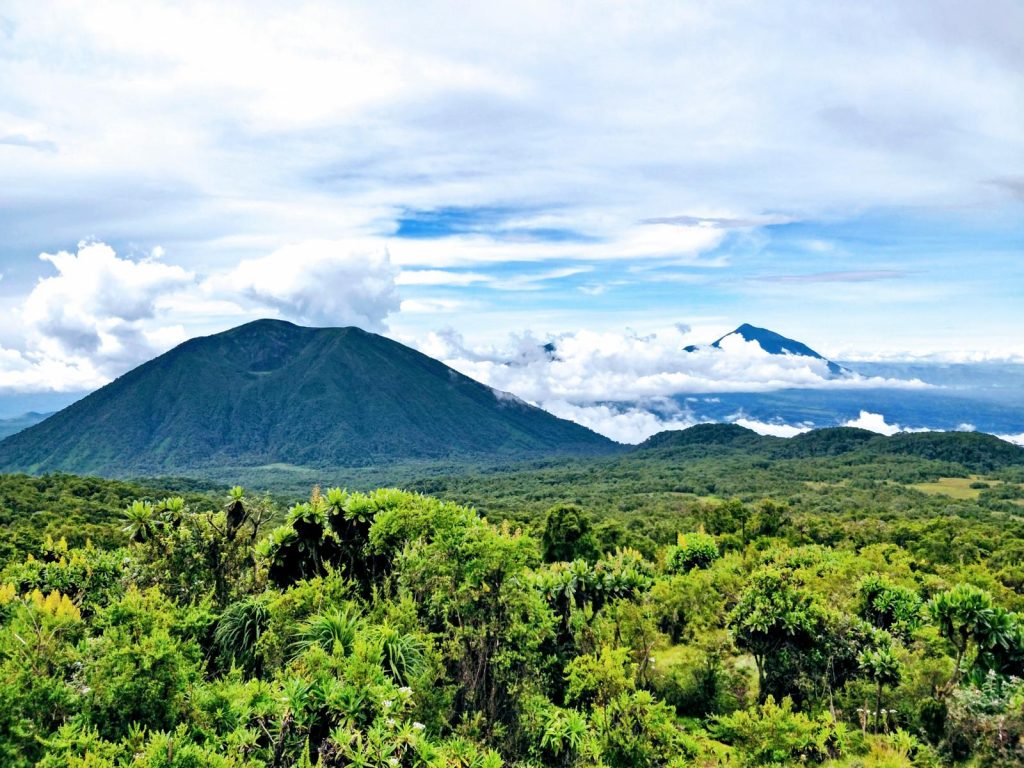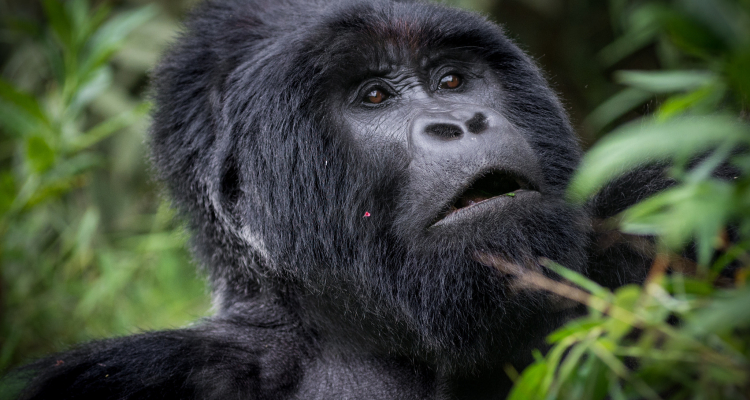Hiking Mount Karisimbi Hiking Mount Karisimbi: Mount Karisimbi is the highest of the volcanoes found…
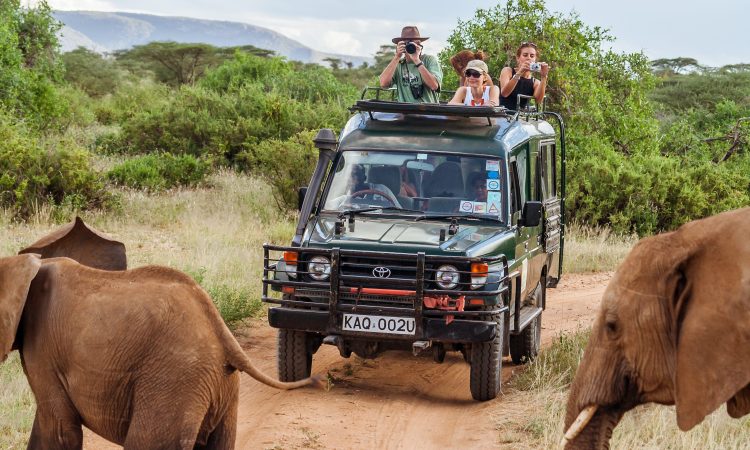
Is Kenya Safe For Tourists To Visit In 2025?
Is Kenya Safe For Tourists To Visit In 2025?
Is Kenya Safe For Tourists To Visit In 2025? Everything To Know
Kenya is located in East Africa, bordering Ethiopia and South Sudan to the north, Uganda to the west, and the Indian Ocean to the west. It may surprise some, but Kenya has the strongest economy in East Africa. While tourism has increased recently in many places in Kenya, you may still expect to hear kids yelling “Mzungu! Mzungu!” (Kiswahili for “white person”). Regarding Kenya’s sights and attractions, some of the best reserves in the world, home to some of the best African flora and fauna, are located in Kenya and are a must-see while in African Safari Tour.
Kenyan national parks are renowned for their enormous herds of zebras, buffaloes, wildebeests, and lions. They also offer safari experiences that are unrivaled anywhere in the world. For those who enjoy summertime sports, Kenya has stunning beaches in addition to safaris; many of these are found near the coast and in the city of Mombasa.
Is Kenya safe for tourists to visit in 2025? Kenya is a popular tourist destination because of its stunning landscape, abundant animals, and rich culture. Safety is paramount when organizing a Kenya safari, and the topic of whether Kenya is safe to visit will inevitably come up. Kenya is one of the top destinations in Africa because, in general, it is a fairly safe country to visit. Kenya has plenty of fantastic attractions to fit your schedule, whether your goal is to see the wild creatures of the open savannah or to visit the beaches. To guarantee a safe and pleasurable journey, you should, as with other travel destinations, take a few safety steps. Here are some general safety guidelines to keep in mind when traveling to Kenya:
General safety tips
- Always be mindful of your surroundings. This is especially important in crowded or unknown situations. Watch alert for any possible dangers or risks, such as stealing or pickpocketing.
- Prevent walking alone at night: If at all possible, stay away from walking alone at night, particularly in isolated or poorly lighted locations. Using a ride-sharing or taxi service is safer.
- Protect your valuables: Store your valuables in a safe place, like a hotel safe or a disguised money belt, including your passport, cash, and electronics. Avert wearing ostentatious jewelry or carrying large sums of cash.
- Employ trustworthy transportation: Make use of trustworthy transportation options, such as authorized taxis or cars rented from trustworthy businesses. Steer clear of public transit, especially after dark.
- Use caution when using ATMs: don’t take out large sums of cash all at once, and be sure no one is watching you enter your PIN.
- Protests and demonstrations should be avoided since they can easily turn violent. Refrain from taking part in or attending any protests or demonstrations.
- Keep a low profile: Dress conservatively and steer clear of anything too touristy to avoid drawing too much attention to yourself.
Health Guidelines
Given that Kenya is a tropical nation, visitors should exercise caution to reduce their chance of contracting common diseases, including malaria and foodborne infections.
- Vaccinate yourself: Make sure your vaccines are current before visiting Kenya. Typhoid, hepatitis A and B, and yellow fever immunizations are advised.
- Malaria prevention: Since there is a chance of contracting malaria in Kenya, it is crucial to take precautions, including taking antimalarial medication, applying insect repellent, dressing in long sleeves, and sleeping under mosquito nets.
- Water and food safety: refrain from consuming tap water, ice cubes, or raw or undercooked meals, and only consume bottled or purified water. Limit your diet to hot, prepared foods and peelable fruits and vegetables.
- Sun protection: Use sunglasses, a hat, and sunscreen to shield your skin from the sun.
- Medical coverage: Verify that you have sufficient health insurance that includes emergency care in Kenya. If you’re in need of medical assistance, go to a reputed hospital or clinic.
- Put together a first-aid kit. Include basic medical materials like bandages, disinfectant, and painkillers in your first aid bag.
Safety on Safari
Due to its varied wildlife, Kenya attracts a lot of tourists that come to go on safari. However, when engaging with wild creatures, it’s crucial to use caution.
- Observe your guide’s advice: When observing animals, pay close attention to your safari guide and heed their directions.
- Maintain a safe distance from wildlife. Because wild animals can be harmful, avoid approaching them or attempting to touch them. As advised by your safari guide, keep a safe distance.
- Remain inside the car: Unless your guide grants permission, stay inside the car on a safari game drive. It’s crucial to maintain a safe distance from animals because they can be unpredictable and hazardous.
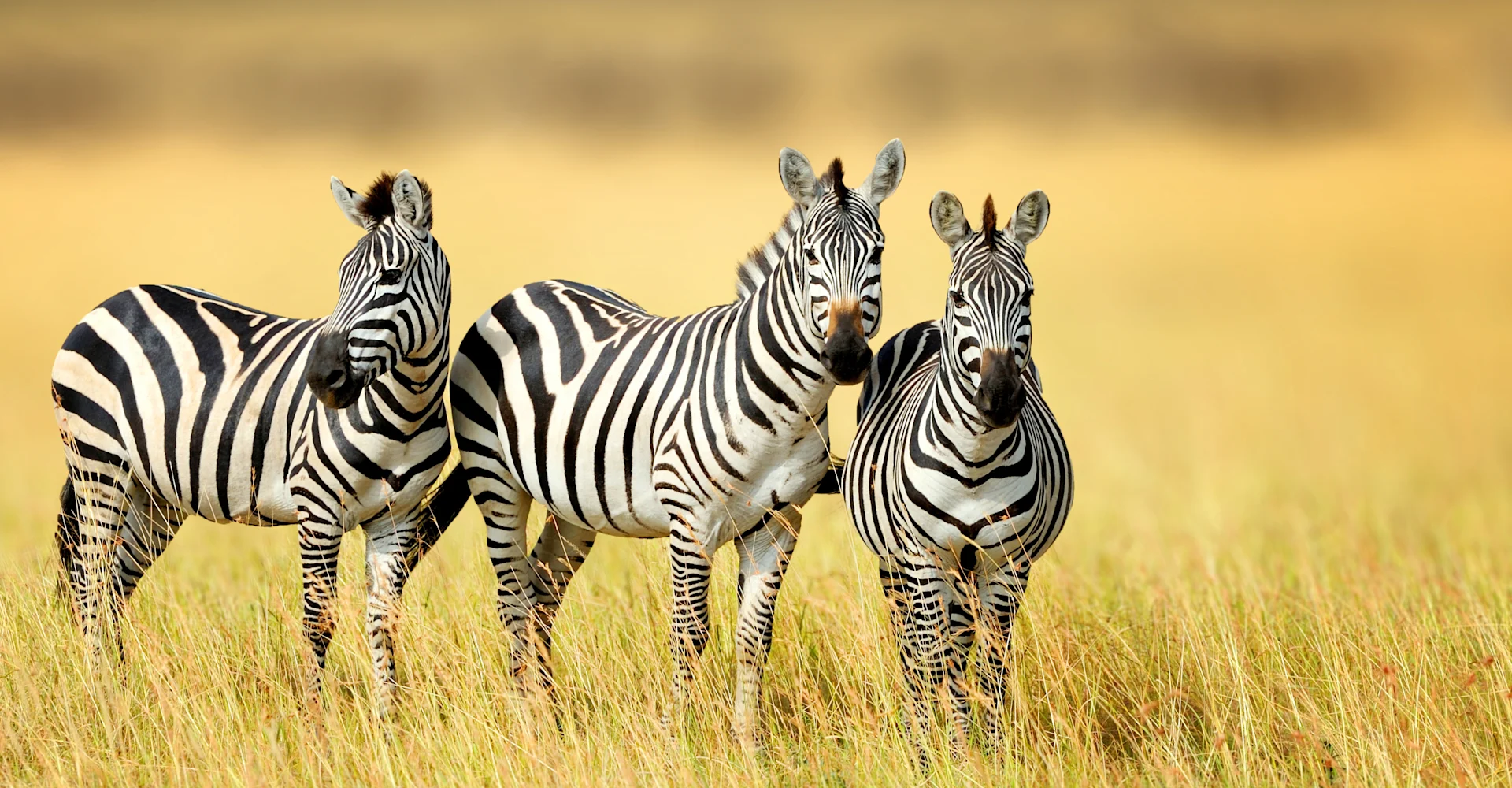
Kenya wildlife safari - Remain in authorized locations: When on safari, avoid going off-road because it can endanger you and the ecosystem. Instead, stay in defined regions.
- Respect the wildlife: Avoid creating loud noises or leaving trash to show your respect for the wildlife and their habitat.
- Feeding the animals is not permitted. Neither should food be thrown from the car. In addition to potentially harming the animals, this may draw in more hostile ones.
Transportation Safety
Kenya boasts a well-developed transportation network with a variety of choices, such as taxis, buses, and private vehicles. When utilizing public transit, it’s crucial to exercise prudence.
- Taxis: To prevent being conned by unauthorized taxi drivers, only use authorized taxis or ride-hailing services like Uber or Bolt. Always decide on the fare before you set out on your trip.
- Buses: Refrain from sitting close to the doors or windows on public transportation, as these areas are more susceptible to theft. Never leave your bags unattended, and always keep your possessions close at hand.
- Private vehicles: Verify that the driver is properly licensed and that the vehicle is in excellent working order before renting or driving a private vehicle. Avoid driving at night because it might be risky and inadequately illuminated on the roadways.
- When crossing the street, exercise caution at all times. This is especially important in crowded locations.
- Always fasten your seatbelt, whether riding in a vehicle or bus.
- When taking a bus ride, ensure it has all the standard safety measures, like working seatbelts, emergency exits, and fire extinguishers.
- Refrain from strolling alone at night, particularly in remote locations.
- When utilizing public transit, exercise caution: keep your possessions near you and be on the lookout for pickpockets.
Cultural norms and customs
While visiting Kenya, it’s crucial to respect the country’s rich cultural legacy and customs. Here are some pointers to remember:
- Put on suitable clothing. Wear modest clothing, particularly while visiting nearby communities or places of worship. Steer clear of tank tops and shorts or anything too exposing.
- Observe regional traditions: Observe regional traditions and customs, such as covering your head in mosques and taking off your shoes before entering people’s homes.
- Study some fundamental Swahili: Acquire a few basic Swahili phrases to demonstrate your appreciation for the native tongue and way of life. This can enhance your enjoyment of the trip and help you converse with locals more effectively.
Crime and personal safety
Anyone can experience crime, so it’s critical to take preventative measures to keep yourself safe. The following general safety precautions should be remembered:
- Be mindful of your surroundings. Avoid going for a nighttime stroll by yourself, and pay attention to your surroundings. Remain in well-lit locations; do not stroll into uncharted territory.
- Safeguard your possessions: Never leave your bags unattended and store valuables like phones, wallets, and passports in a secure location.
- Aim to avoid carrying large quantities of cash or wearing valuable jewelry, as these actions may make you a target for theft.
- Steer clear of scams. Watch out for con artists who pose as police officers or counterfeit tour guides. Before sending any money, make sure the individual or business is legitimate.
- Use caution when using your phone. Since phone snatching is a frequent crime in Kenya, exercise caution when using your phone in public.
EMERGENCY INFORMATION
It’s critical to have access to emergency information in case of a calamity, including:
- Emergency contacts: Maintain a list of the local police, hospitals, and embassies, among other organizations.
- Make sure your travel insurance includes repatriation and emergency medical treatment.
- Information about the embassy: Be aware of the address and phone number of your Kenyan embassy in case of an emergency or legal concerns.
- Hospitals and medical facilities: Be aware of the locations of the closest hospitals and medical facilities in case of an emergency.
SO… HOW SAFE IS KENYA REALLY?
In general, Kenya is one of the safest places to travel in Africa. However, Despite being safest and having the strongest economy in East Africa, you should be warned that violent crime and small-time theft are major problems in this nation. There could be serious (or some) risks just by driving or walking through Nairobi; thus, it’s recommended to always have a guide with you.
Even during the day, you shouldn’t unwind because muggings and robberies in broad daylight sometimes occur in crowded areas, especially in Nairobi’s CBD (Central Business District). Robberies and muggings are not the only violent crimes to be on the lookout for. Carjackings, home invasions, and deadly burglaries are all possible and can happen anywhere, at any time.
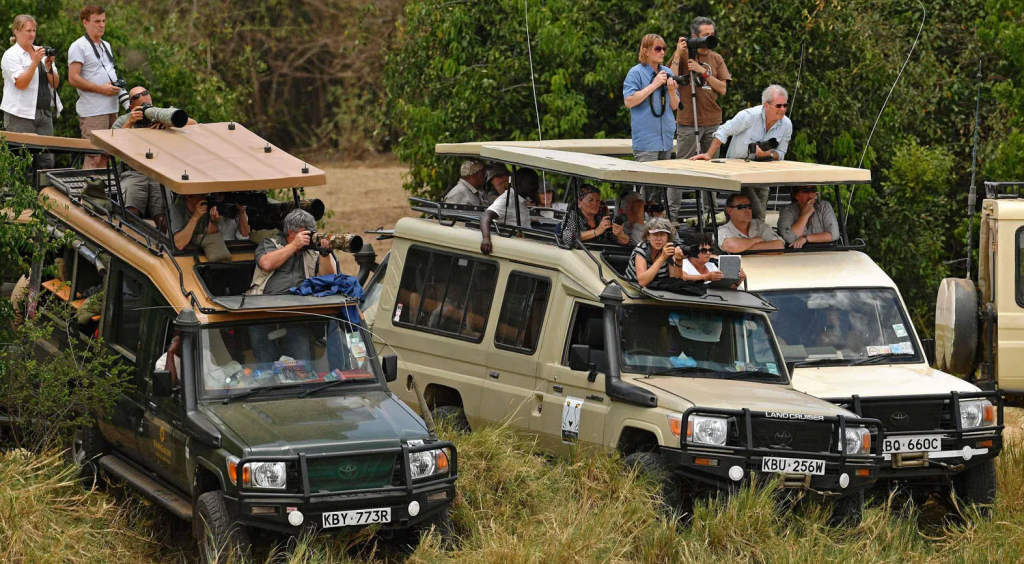
Steer clear of the streets at night, and if you can’t afford a cab, always take the bus or another taxi. As a seasoned tourist, you are aware by now to stay away from flashy items like MP3 players, laptops, cell phones, and other high-tech equipment, as well as open displays of wealth and property. Nairobi is a city where kidnappings occur frequently, so be on the lookout for anyone at any time.
Thousands of unemployed and displaced Kenyans are turning to crime in order to make a livelihood on the wrong side of the law, and the violence that followed the 2008 elections is undoubtedly contributing to the overall depressing surge in crime.
CONCLUSION: IS KENYA SAFE FOR TOURISTS TO VISIT IN 2025?
Kenyan travel can be a fantastic experience, but to make sure you have a safe and pleasurable vacation, you need to take the aforementioned safety precautions. You can reduce your chance of accidents, sickness, and other safety issues when traveling in Kenya by following the preceding recommendations.
Keep in mind to be mindful of your surroundings, honor regional traditions and customs, and keep emergency contact information close at hand in case something unexpected happens. You may enjoy all that Kenya has to offer with peace of mind if you take these precautions. With any luck, this guide will allay your concerns about Kenya’s safety and better equip you for an amazing safari adventure in Africa.

